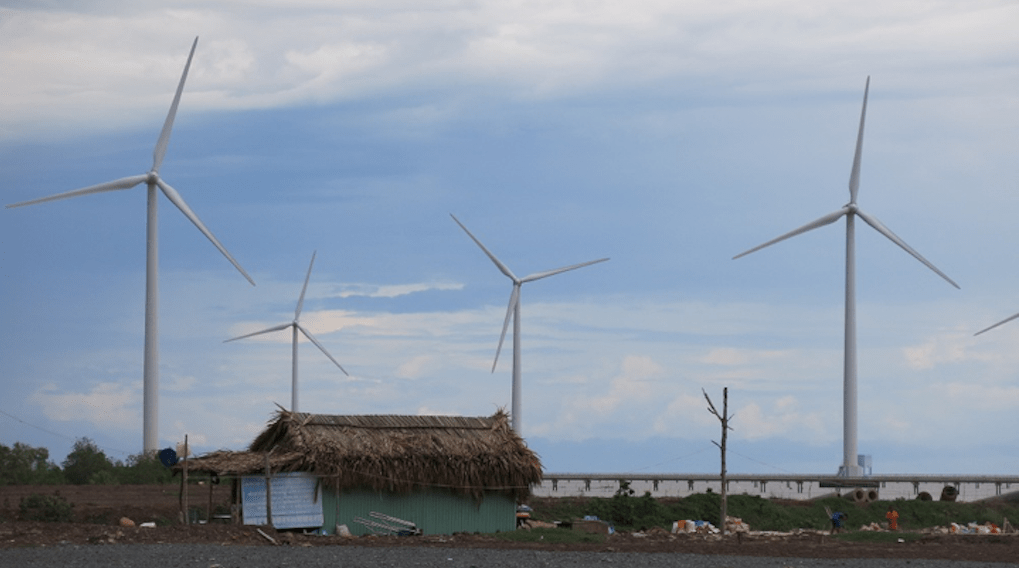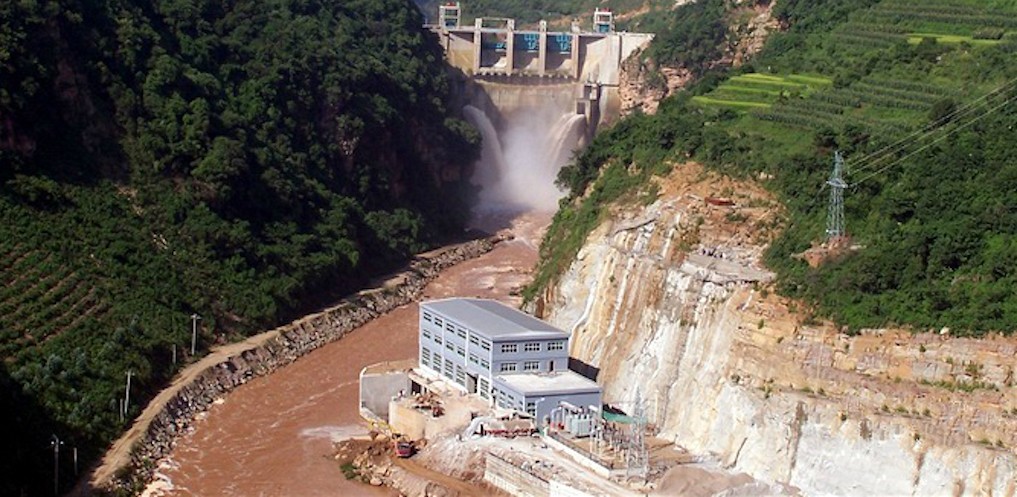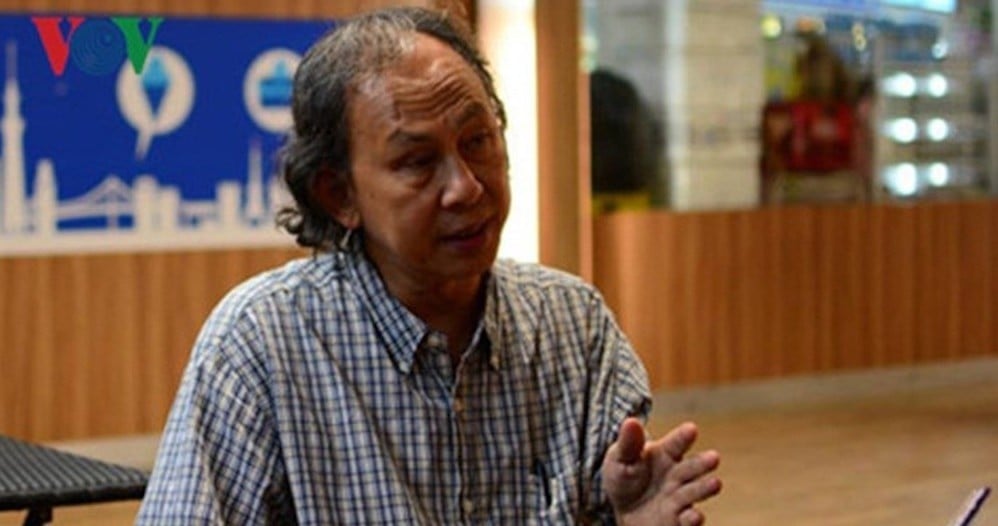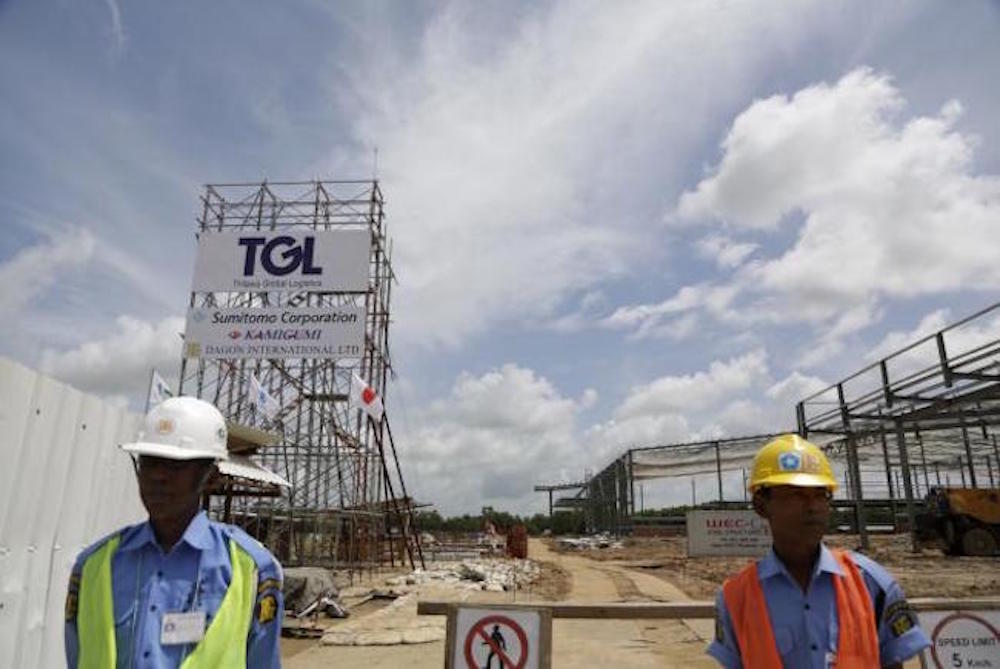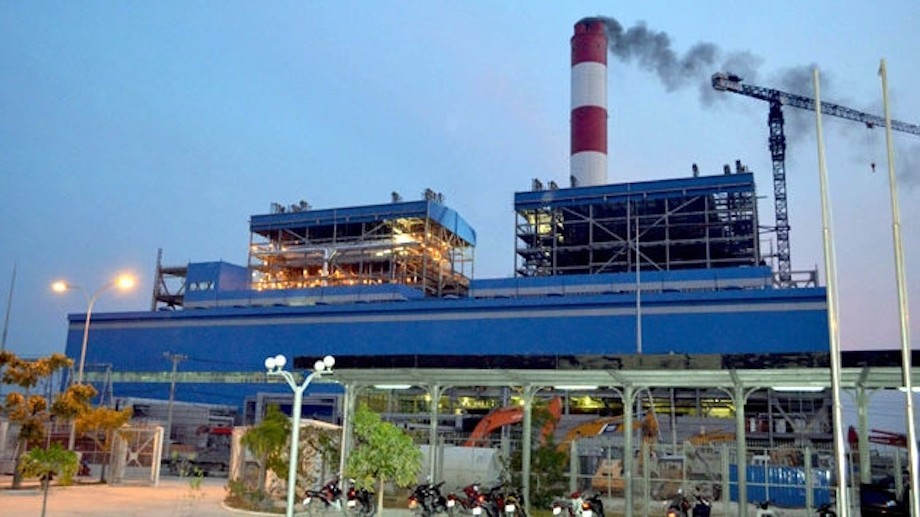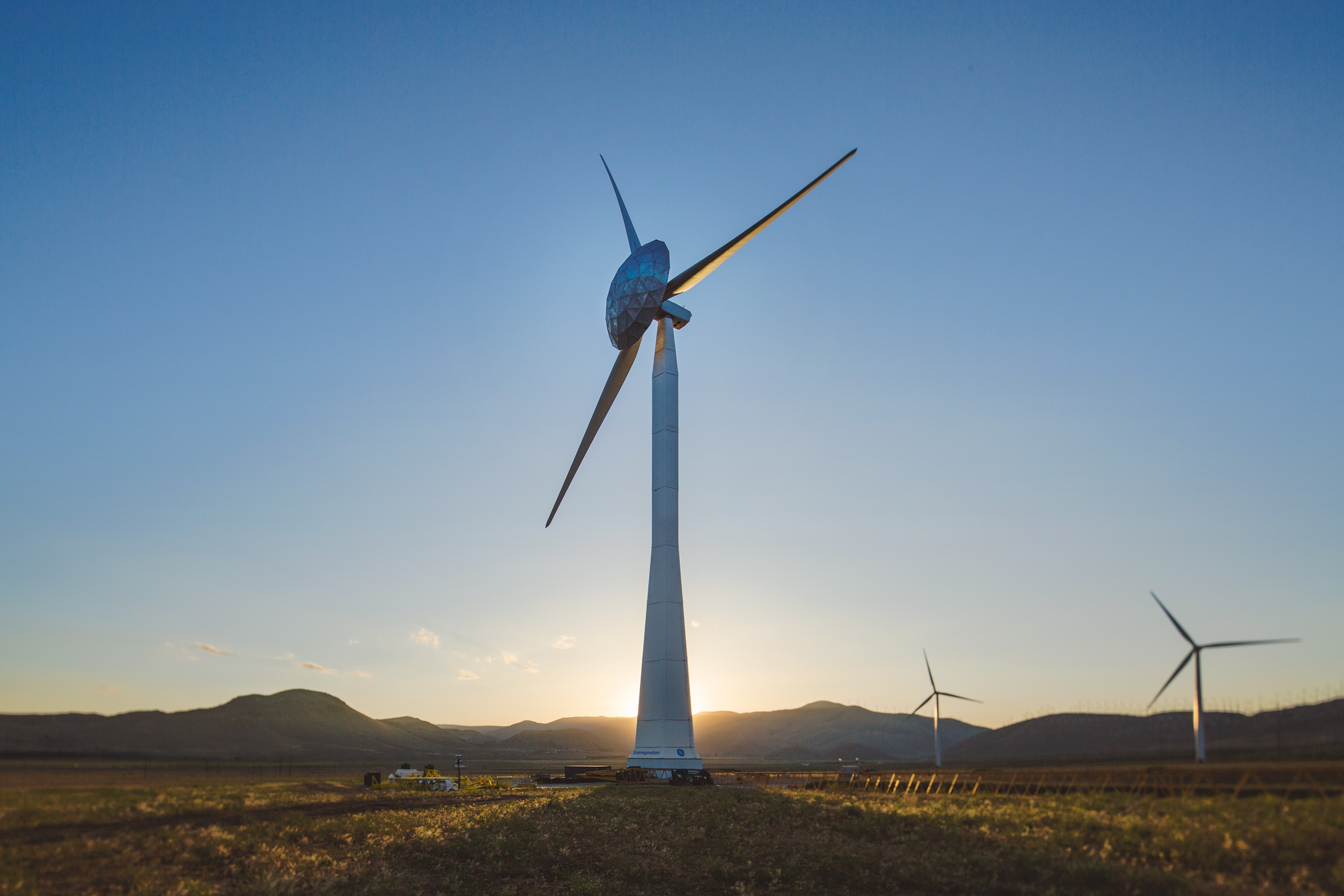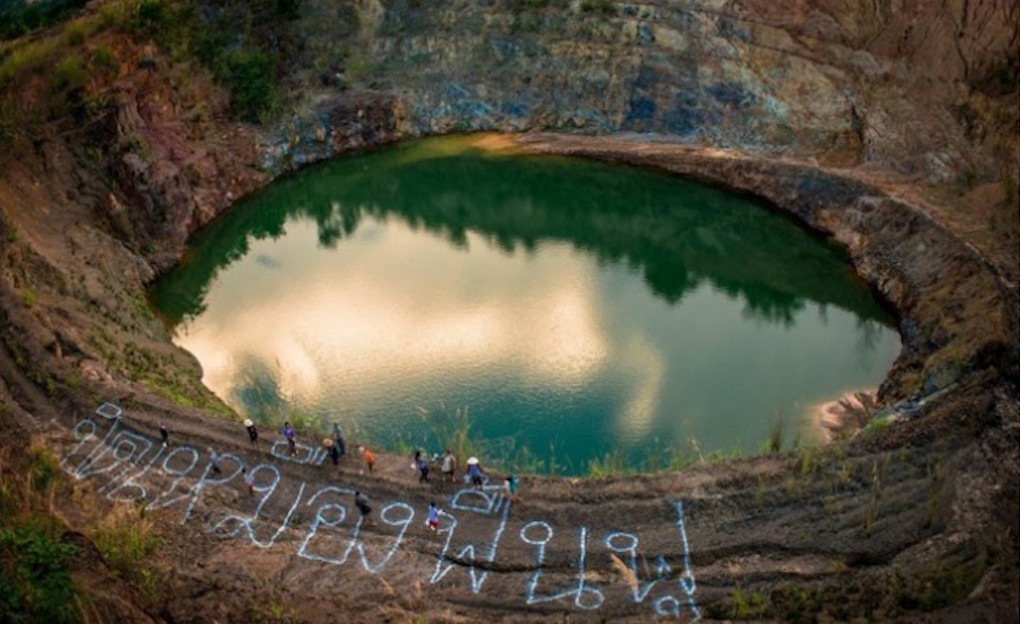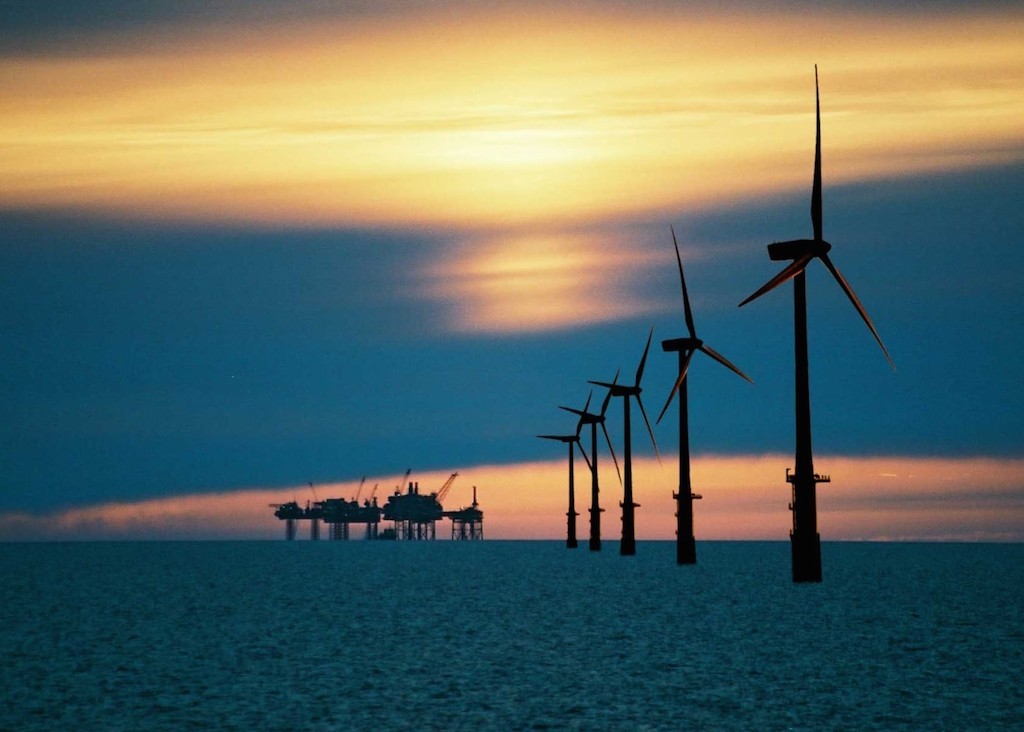During the 2016 United Nations Framework Convention on Climate Change in Marrakech (COP 22) Vietnam and Cambodia professed their commitment to do their part to reduce CO2 emissions. Noting that they are both on the front lines globally in facing impacts from a warming atmosphere, the two neighbors agreed to transition their entire electricity generating portfolios to renewables.
Tag: investment
Hydro expansion will fail without energy market reform
Energy demand in China is slowing. This is causing a major headache for the hydropower sector, which has invested heavily in new projects in recent years. The continued construction of hydropower, as with coal, has led to surplus capacity, tumbling profits and an unbalanced national energy system.
Beyond Sustainable Development for ASEAN
In view of various climate change phenomena, how can economies develop sustainably? Specifically, can economies grow while giving equal consideration to the tri-nexus of economy, environment and society? It is a question confronting policymakers in Southeast Asia on a recurring basis.
Asean at 50, and Beyond
Asean is 50 years old this year. It is a true milestone for a loosely constructed regional organization created by five countries at the height of the Cold War to have come this far. Since its conception, its member countries have transformed Asean into a rules-based entity encompassing all the countries in Southeast Asia.
Mon State Gov’t requests EIA from investing companies in the State
The Mon State Government has directed any investing companies in Mon State to report on their Environmental Management Program (EMP), in order to provide transparency and minimize negative impacts on the environment.
Plans Announced for SEZ and New Airport Terminal in Southern Rangoon
A Rangoon regional minister explained in Tuesday’s parliamentary session plans to develop an area across four townships for a special economic zone and a new airport terminal.
According to the statement by Daw Nilar Kyaw—the divisional minister for electricity, industry and transportation—Kwan Chan Gone, Letkokkon, Kawhmu and Dala townships are listed as hosting the initiative.
Experts warn about environmental pollution’s impacts on GDP growth
Natural disasters and environmental pollution can reduce GDP by 0.6 per cent per year from 2016-20, according to the National Centre for Socio-economic Information and Forecast (NCIF) under the Ministry of Planning and Investment.
Therefore, changes are needed to reduce the economy’s reliance on non-renewable energy.
Uncertain path for Vietnam’s wind power sector
Although Vietnam has great potential for renewable energy, and the government has put forward many plans advocating it, actual policies to secure investment and develop the sector have been slow to evolve. “Development [of renewables] has not grown strongly because power prices are too low to accommodate it,” says Le Tuan Phong, the Vice Director of Energy Department, Ministry of Industry and Trade (MOIT): “Renewable energy investm
Gold mines ordered to suspend from Jan 1
THE National Council for Peace and Order (NCPO) yesterday exercised its absolute power to tackle conflict and alleged impacts caused by gold mines by ordering them to suspend operations from January 1, 2017.
China’s clean-energy giants on an overseas shopping spree
Chinese state-funded renewable energy firms are spreading the net overseas, as quality new projects become harder to come by at home, and have already been successful in snapping up some prime operational projects, while bidding for others, both in developed and emerging markets.
The two most active are China General Nuclear Power Group, the nation’s largest nuclear reactor developer, and China Three Gorges, the country’s biggest hydro power projects developer.


